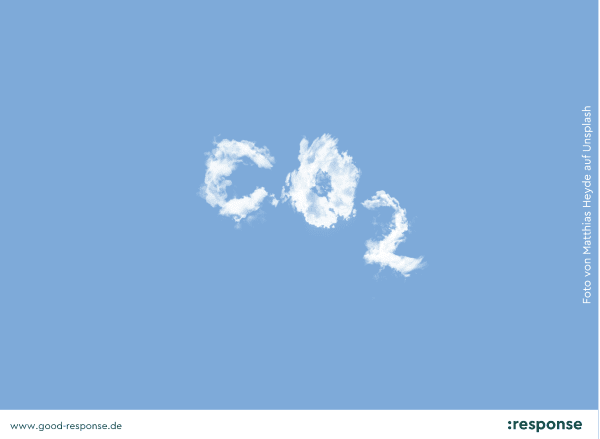12.06.2023
The consultation draft of the ESRS
The consultation draft of the European Sustainability Reporting Standards (ESRS) has been available since last Friday! We have already briefly evaluated it over the weekend. In summary: The materiality analysis becomes more important and for companies with less than 750 employees there is relief for the time being.
Materiality analysis is central, fewer blanket disclosure requirements:
Unlike in the draft EFRAG of November 2022, there are no blanket disclosure requirements on the topics of climate change (ESRS E1) and own employees (ESRS S1-1 to 9). This means that companies also only have to report on these topics if they are material for understanding their sustainability impacts and/or their economic situation.
In contrast to the draft EFRAG of November 2022, no blanket disclosure requirements are envisaged for the topics of climate change (ESRS E1) and own employees (ESRS S1-1 to 9). This means that companies also only have to report on these topics if they are material for understanding their sustainability impacts and/or their economic situation.
Transitional arrangements are intended to facilitate the transition:
For impacts along the value chain, the Commission provides for relief – this is in line with EFRAG’s recommendations. What is new is that companies with fewer than 750 employees can waive disclosure of their Scope 3 emissions in the first year and do not have to report on the topics of biodiversity (ESRS E4), own employees (ESRS S1), employees in the value chain (ESRS S2), affected population groups (ESRS S3) and consumers and end users (ESRS S4) in the first two years. Important: The relevant topics must nevertheless be considered in the materiality analysis, the results of the assessment must be disclosed, and topic-related disclosures must be made in accordance with ESRS 2.
Some previously mandatory disclosures will be voluntary in the future:
For some requirements, reporting companies are to be able to decide for themselves whether they want to publish the corresponding information. This includes, among other things, the previously mandatory explanation as to why a certain topic is not material.
The responsible Directorate General for Financial Stability, Financial Services and Capital Markets Union (FISMA) of the European Commission has thus largely followed the recommendations of the European Financial Reporting Advisory Group (EFRAG) under the leadership of Prof. Dr. Kerstin Lopatta.
Reactions are mixed: Eurosif – The European Sustainable Investment Forum fears that without mandatory disclosures on climate change mitigation, comparability will suffer and a central intention of regulation will be jeopardized. The DRSC – Deutsches Rechnungslegungs Standards Committee e.V. (German Accounting Standards Committee) had previously spoken out firmly in favor of transitional arrangements. Industry associations will gradually call for further relief.
The consultation will run until 07.07.2023. It is expected that the draft will be adopted by 31.08.2023 at the latest so that the delegated act can still enter into force on time on 01.01.2024.








